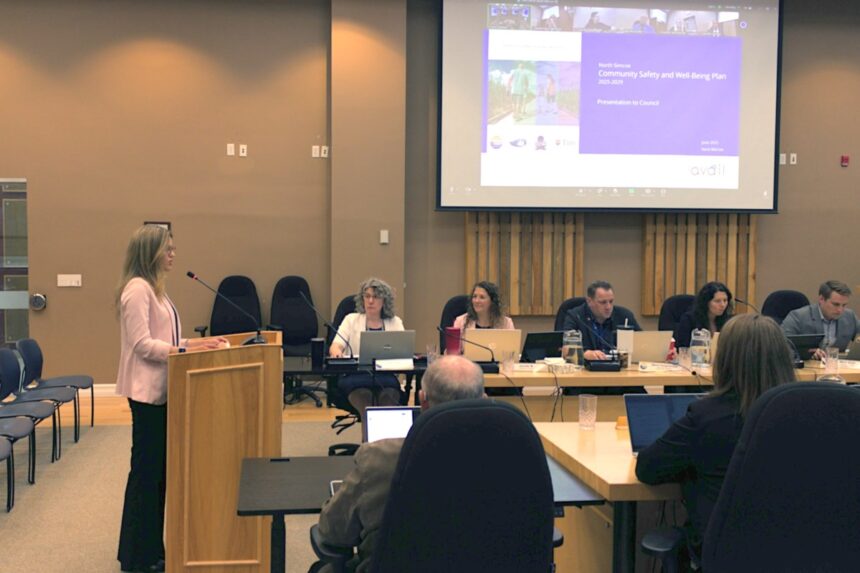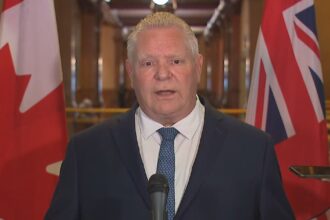In the wake of escalating concerns about youth well-being, Orillia officials have unveiled a comprehensive mental health strategy as part of the city’s updated Community Safety and Well-Being Plan. The initiative, revealed during yesterday’s council meeting, places unprecedented focus on addressing the mental health crisis affecting young residents across the lakeside community.
“What we’re seeing in our youth population isn’t just troubling—it’s a call to immediate action,” said Dr. Melissa Thompson, lead psychologist at Orillia Youth Services. “The pandemic’s aftereffects continue to manifest in higher rates of anxiety, depression, and social withdrawal among teenagers, creating challenges that extend beyond individual families to our entire community structure.”
The updated plan, developed through extensive consultation with mental health professionals, educators, and youth advocates, identifies four critical intervention areas: early detection protocols in schools, expanded crisis response services, digital wellness education, and increased access to counseling resources for families regardless of economic status.
Data collected from local health services indicates a 37% increase in youth mental health referrals since 2020, with waiting periods for specialized care stretching beyond six months in some cases. These statistics have created urgency around the new measures, which will receive $2.3 million in municipal funding over the next three years.
“This isn’t simply about addressing problems after they emerge,” explained Councillor James Richardson, who chairs the community wellness committee. “We’re implementing preventative measures that build resilience within our youth population before crisis points are reached.”
The plan’s implementation phase begins next month with training programs for school staff, who will learn to recognize early warning signs of mental health struggles. Simultaneously, the city will launch a digital platform connecting young people with counseling services through both traditional appointments and innovative text-based support options.
Community reaction has been largely positive, though some advocacy groups have questioned whether the funding allocation matches the scope of the challenge. Parents’ associations have praised the initiative’s family-centered approach, which includes support resources for caregivers navigating their children’s mental health journeys.
“What distinguishes this plan is its whole-community perspective,” noted Dr. Samantha Rodriguez from the Ontario Mental Health Coalition. “Rather than treating youth mental health as an isolated issue, Orillia has recognized how it intersects with educational outcomes, economic stability, and even public safety concerns.”
The strategy’s success will be measured through quarterly assessments tracking service utilization, youth feedback, and measurable improvements in well-being indicators. Officials emphasize that the plan remains flexible, allowing for adjustments as emerging needs are identified.
As communities across Canada grapple with similar challenges, Orillia’s approach may serve as a template for integrated responses to youth mental health concerns. The question remaining for residents and officials alike: Can this comprehensive strategy create meaningful change in how young people experience mental health support during their most formative years?











